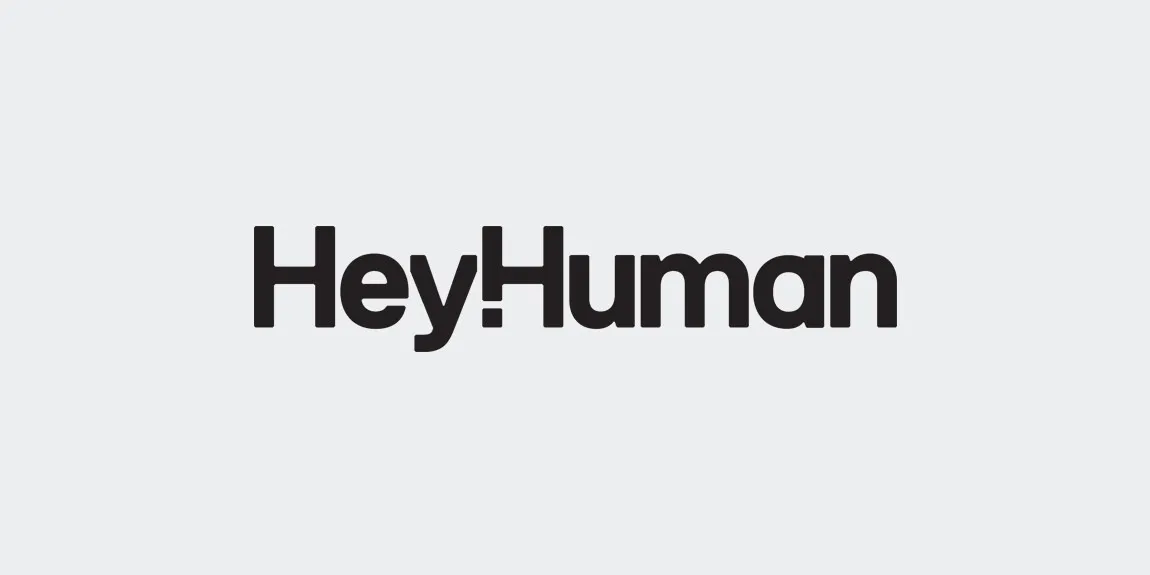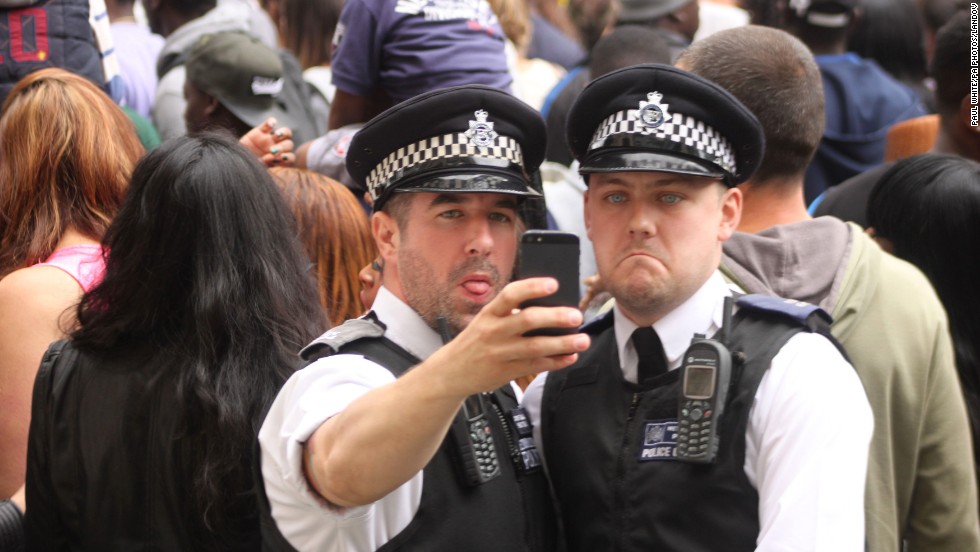As a
public information officer, it is our job to interact, engage and provide
information to the public. It is also very important for all public information
officers to constantly improve our abilities to engage the public across
all platforms. As we move into the new year, here are some trends to look for
in 2019.
Be a storyteller
- As a public
agency it is important for the agency to be transparent and accountable. By
using social media it allows us to share the experiences of the police
department, talking about the daily interactions that officers have in the
community. Each day we should be using our posts to tell that story. What is
important to remember, is the understanding that it has to be more than just
the written word. The use of video content increases your ability to communicate
with the public across multiple levels. Yes, reading a message can convey a
certain tone. However, now more than ever people are visual learners and are
stimulated by what the see. According to Wyzowl.com[i]
the attention span the average person is down to 8.25 seconds. Using a video to
tell our story allows us that ability to stay engaged with the community.
Build upon your Brand Narrative – Brand narrative is a story of ideas,
interactions and ideals that represent, the integrity of the agency’s
relationship with the community. So to build your Brand Narrative, there are
five key elements that an agency needs to have.
- Truths – four
to five high-level aspects of your brand that are true and significant.
- Promise – a
statement of purpose expressed as a promise.
- Story – a
short narrative that paints a picture of the brand working to its Promise
and the impact that has.
- Emotional
Impact – the
distinctive ways the brand strives to make people feel.
- External
Expression – a
marketable concept rooted in the brand shifts and distinguished by the
Promise and desired Emotional Impact.[ii]
Humanize the agency.
 Putting a real, human face to the agency personalizes the
relationship between the agency and the community. It builds trust and loyalty,
especially for smaller agencies. Personalizing gives it a human element that
will create connections to the community making the agency relatable. Agencies
that
Putting a real, human face to the agency personalizes the
relationship between the agency and the community. It builds trust and loyalty,
especially for smaller agencies. Personalizing gives it a human element that
will create connections to the community making the agency relatable. Agencies
that
A way to tell that humanizing story to promote your agency
brand is to blog, podcast or short videos. Giving the public an up-close view
of the agencies staff can strengthen its brand reputation.
Selfie and your brand.
 Selfie’s will continue to grow on social media, with the
popularity of selfie photo evolving into the self-recorded video, they ultimately
impact across all aspects of a community.
Since video has been identified as the a great “influencer” in social
media, the “selfie videos” adds that sense of personalization from the agency
to the community. The selfie video captures that moment in time for the officer
that connects the community on a personal level far great than a photo ever
could. Selfie videos tend to be short and feel more immediate than a written
post with a photo.
Selfie’s will continue to grow on social media, with the
popularity of selfie photo evolving into the self-recorded video, they ultimately
impact across all aspects of a community.
Since video has been identified as the a great “influencer” in social
media, the “selfie videos” adds that sense of personalization from the agency
to the community. The selfie video captures that moment in time for the officer
that connects the community on a personal level far great than a photo ever
could. Selfie videos tend to be short and feel more immediate than a written
post with a photo.
Because people are more engaged by videos that they see on
such platforms as Snapchat, Instagram and Facebook. Agencies should look for
ways to incorporate first-person video content as part of their engagement
strategy.
Transparency wins
Spout Social conducted a study in 2018 on brands and
transparency, they found that 55% of customers found brands to be only somewhat
transparent on social media. The study also revealed that millennial's expect more
“transparency out of brands than politicians or friends and family.”[iii]
Their study revealed that transparency was extremely important and it wasn’t something
that was going away.
Understanding Segmentation
of your social audiences.
It is extremely important to understand that an agency has
their community, residents, visitors and business partners as their
audience. However, within, each of those
audiences there are different platforms that can impact that audiences differently. As you organize your efforts across your outreach
platforms, the way you reach out to them may be significantly different. For example, your website, which is now a traditional
method of communicating with some members of the community, may be more
information based. But platforms, like Facebook or Instagram may be image of
video based. Twitter on the other hand is a combination of text messaging, as
well as images or video.[iv]
As you tailor your messaging, so also tailor your ability to
better reach your audience. Social media is most effective to your audiences so
you can impact the right groups of people at the right time.
Don’t make assumptions about your audience, by lumping them
all together, you could limit your ability to reach more people. The more you
know about your audience and the various groups that make up your audience, the
better you can adjust your messaging and narratives to fit each segment.
Rapping it up
As a public information officer, a sound understanding on
the points detailed are important. They are a stepping stone to crafting
messaging in multiple formats, photo, video and audio to be both engaging and
educating to your community as a whole.
[ii] https://www.emotivebrand.com/do-you-have-a-brand-narrative-as-part-of-your-brand-strategy/
[iii] https://sproutsocial.com/insights/social-media-trends/
[iv] https://www.entrepreneur.com/article/324901
Comments
Post a Comment